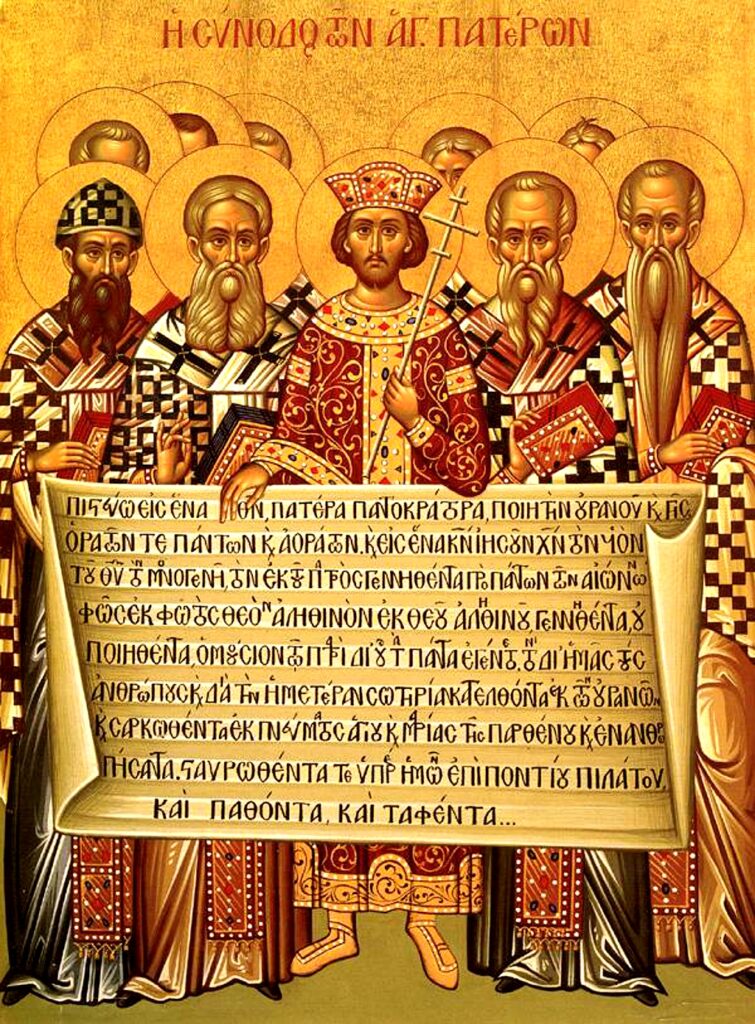I was still living in San Isidro Parish Bacolor, when I had a chance talking to a non-Catholic friend who is helping us in our domestic chores. While she irons the clothes, she keeps on telling me the differences of her church liturgy and services compared to the Catholic mass.
She told to me that she was a Catholic before but when she became a ‘born again’ she stopped going to mass and attended a non-catholic services instead. She bragged about how the members of her new community treated her well which is very personalized. Their pastor is nice and far more better that the old catholic priest they had when she was still a Catholic. The old priest was so hot tempered and always shouting whenever he gave a sermon.
We continued in this discussion every Saturday afternoon while from time to time I managed to answer some issues she was raising. However, whenever she quoted something she always makes reference to the Bible verse for which I am impressed because she managed to memorize all these numbers.
One Saturday, I equipped myself with a Bible which I grabbed from my cousin’s bookshelf. We enjoyed the discussion but most of the time were both lost in the translation and explanation of the text. We argued on our different interpretations. I thought one of us must be correct or the two of us are both wrong! Then I began to wonder how powerful the texts are to lead the reader to the truth or false by just a private interpretation.
We had a very classic example of disagreement when she asked me why do I call my cousin ‘Among’ and why are the Catholics are calling the priest ‘Father’. She gave me the bible verse and it reads:
“Do not call anyone on earth your father. Only one is your father, the One in heaven” – Matthew 23:9
I remembered singing and dancing a praise song titled ” I Tatang Abraham” so I checked it and found another verse in the book of Genesis saying about the fatherhood of Abraham:
“As for me, this is my covenant with you: You will be the father of many nations. – Genesis 17:4
And I wonder why the rich man called Abraham father in the parable of the rich man and Lazarus which read:
“He answered, ‘Then I beg you, father, send Lazarus to my family, for I have five brothers. Let him warn them, so that they will not also come to this place of torment.’ – Luke 16:27-28
I thought there was something wrong in the bible and then I realized there must be explanation about this inconsistencies. Why do we have different interpretations? I began to ask where the bible came from? I have been reading this book and tought that this is just handed over by somebody or a group from past generations to this generation. Well, obviously it did not drop from heaven. I know there are several authors and I always thought they were guided by the Holy Spirit when they wrote their books or letters but I still had the following questions:
- How and who compiled these books?
- Is the compiler confident enough that all the books are correct, true and free from error?
- How can the compiler really sure that no other books which supposedly be included are missing?
- Are there books now that are not supposed to be in the Bible or are there still books kept undiscovered but inspired?
- When were these books compiled into one final Bible?
- Who decided to stop adding books to the Bible after the death of the last author?
- Who determined which author is inspired?
Definitely there are answers to the above questions but one thing is for sure. The compiler must have the highest authority and certainty to the max to do the compiling process and declare to the world that this compiled books are free from error, inspired by God and contains the truth about God’s salvation.
If I believe that the bible is true, then I have to believe and trust the compilation process in the same way that I have to believe and trust the compiler. The compiler should be able to explain to us with certainty the inconsistencies we found in the above verses.

